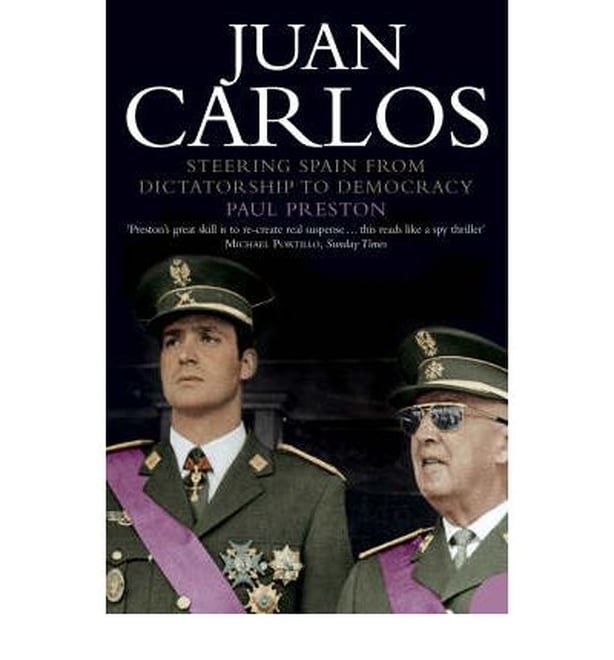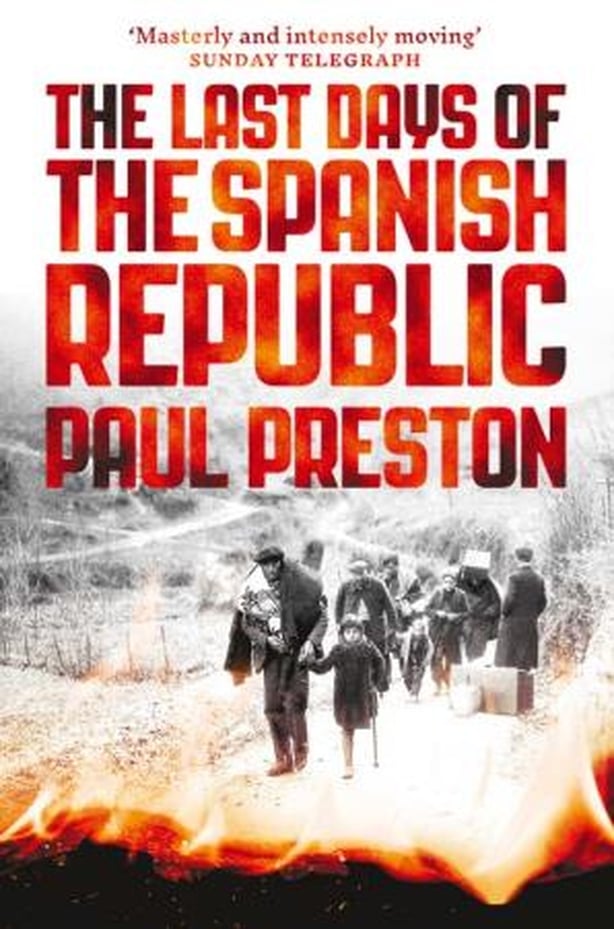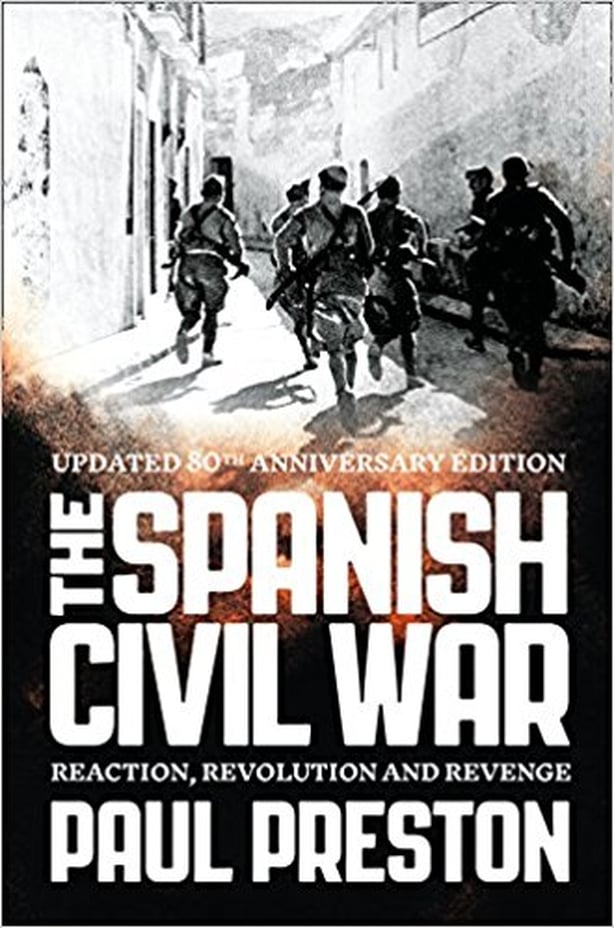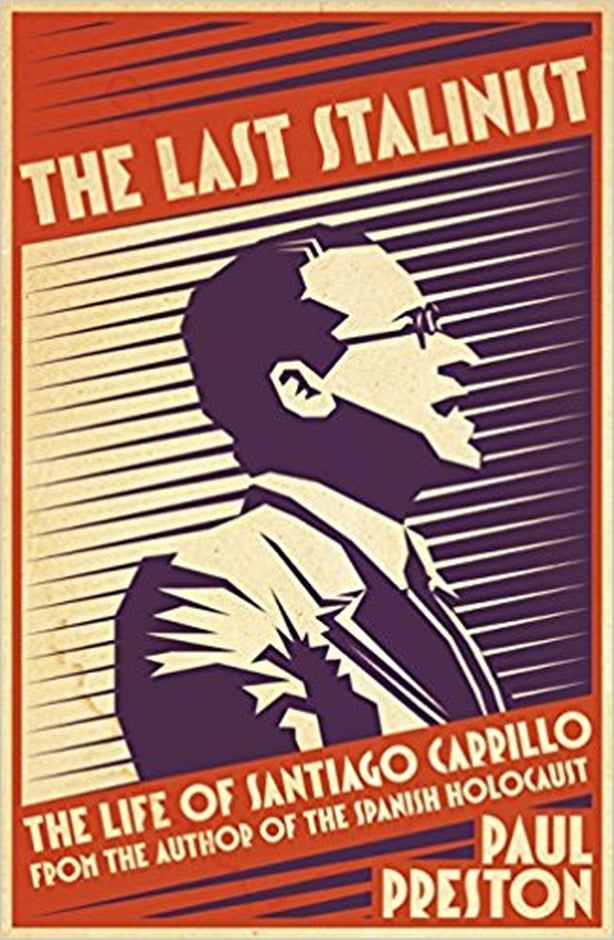Paul Preston is arguably the best-known historian of the Spanish Civil War (1936-1939) in all its facets and his compelling study, The Last Days of the Spanish Republic has just been published in paperback.
320 Irish men served with the International (Republican) Brigades while 700 men, led by Eoin O’Duffy, fought with the Spanish Foreign Legion (or Irish Brigade) on the Nationalist side in the Spanish Civil War (1936-1939). Irish involvement in the conflict will be rekindled as the 80th anniversary of the end of the war approaches in 2019, quite aside from interest and events commemorated by other European countries whose citizens also fought on both sides.
Paul Preston’s biographies of General Franco and the former Spanish King, Juan Carlos 11 are deeply engaging works that convey with an almost novelistic sensibility, the air of intrigue, guile and calculation that pervaded the public lives of both men.

Moreover, the Liverpool native is viewed by many as the most knowledgeable historian of the era. The historian’s The Last Days of the Spanish Republic was recently published in paperback, another chapter in the Spanish story which the historian has been chronicling vividly and with particular narrative flair for many decades.
The Last Days of the Spanish Republic tells of needless tragedy brought about by a spirit of vicious calculation and guile. On March 5, 1939 the truculent Colonel Segismundo Casado launched a coup against Juan Negrín’s Republican government. Casado wanted to be known forever after as the man who brought an end to the violent bloodshed of the Spanish Civil War. He insisted that Negrín was the dupe of Soviet Russia and that he was the eminence gris behind a planned coup to set up a Communist dictatorship in Spain.
Rather than ending it, Casado’s lies prolonged the bitter Spanish conflict and engendered new enmities - the result was further catastrophe and bloodshed that left its a mark on Spain for decades afterwards.

A further volume deals with a truly legendary figure from twentieth century Spanish history in The Last Stalinist: The Life of Santiago Carrillo. This 330-page story tells with verve the compelling story of the iconic Spanish Communist leader who died in 2012 at the age of 98. Carrillo became secretary-general of the Spanish Socialist Party's youth movement as a teenager and in 1934 he was an inspirational force in the workers' uprising in Asturias against the Republic's right-wing government.
47 years later, on the night of February 23, 1981, some 200 Civil Guards plotting a coup d'état stormed the Spanish parliament wielding sub-machine guns and ordering the assembled MPs to lie on the ground. Three refused to do so, even after a Civil Guard had fired a round of bullets in the chamber. The three were the acting President Adolfo Suárez, Minister of Defence, General Gutierrez Mellado, and Santiago Carrillo, the Communist Party leader.
"When they [the Civil Guards] then took me outside I thought they were going to shoot me," Carrillo later recalled of that momentous evening. "But I thought the important thing was that I should behave in a dignified way so that the scoundrels could not laugh at me and what I represented."
Also available in is Preston’s 80th anniversary edition of his The Spanish Civil War: Reaction, Revolution and Revenge (published in paperback in 2016).

Paddy Kehoe








